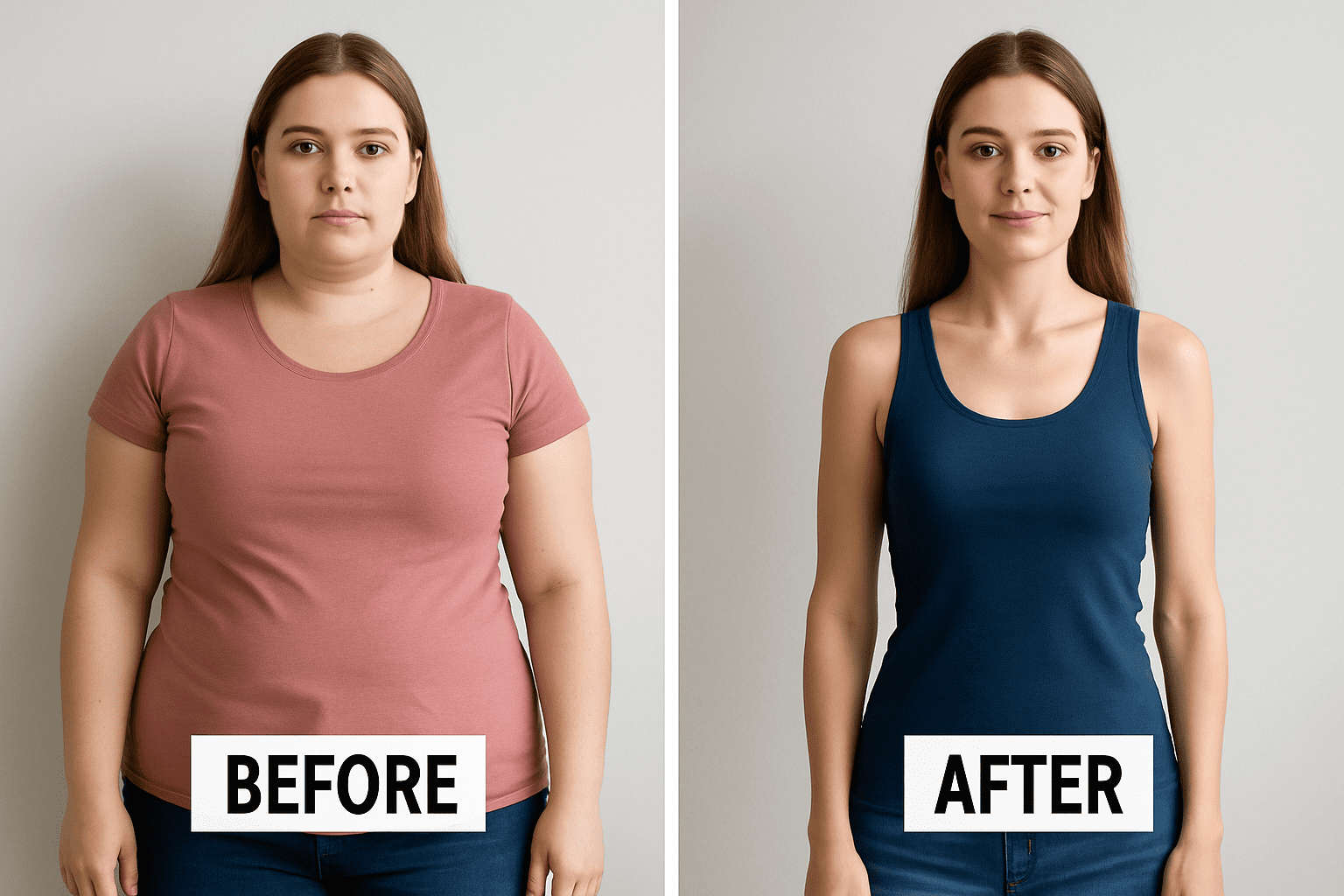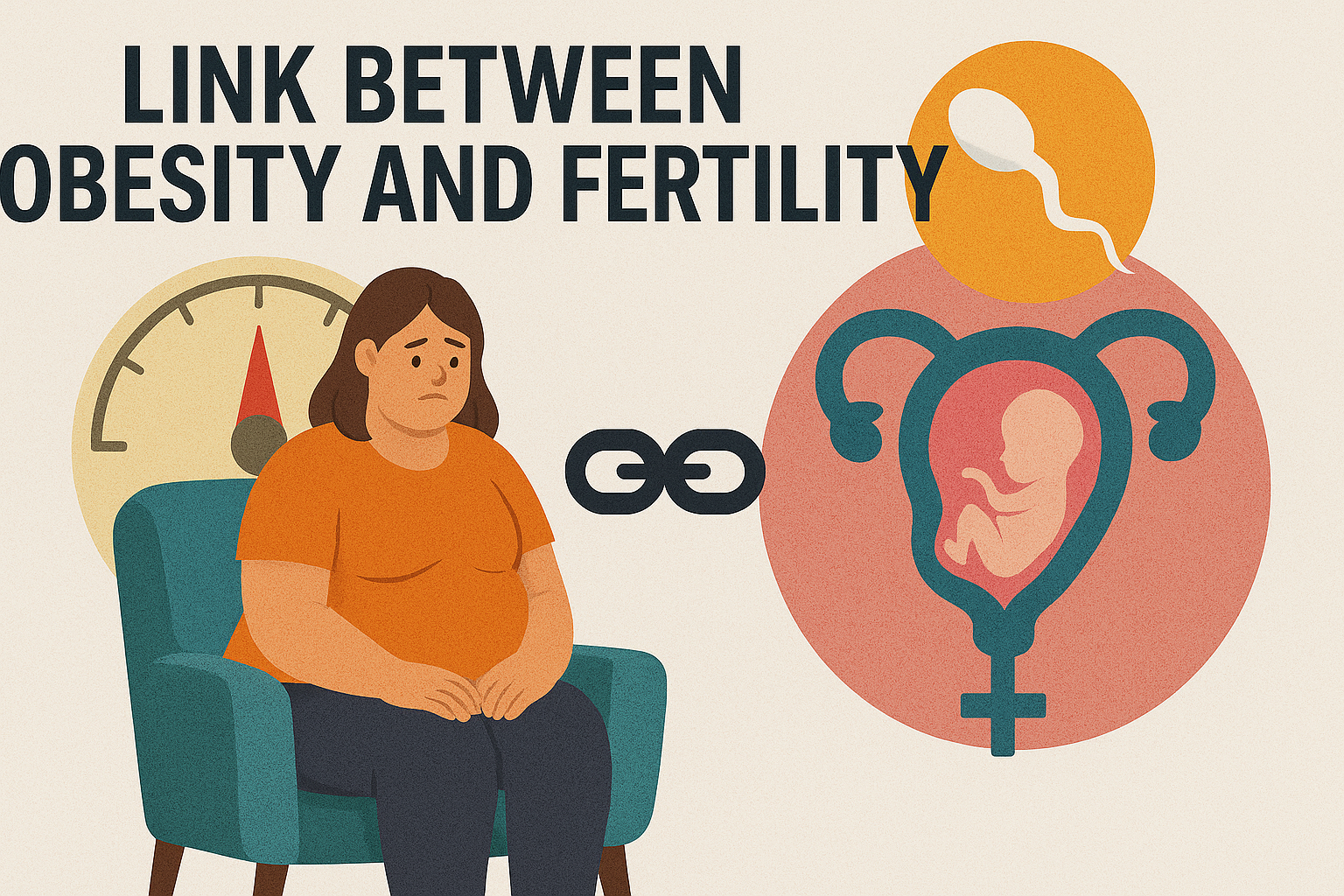When we think of obesity, we often focus on diet. But guess what? It’s not just about what you eat. There are lifestyle habits and hidden triggers that silently contribute to weight gain—even when you’re eating right. Let’s uncover 10 non-food factors that can derail your fitness journey, and how you can beat them.
1. Poor Sleep Habits
🛌 Sleep isn’t just for rest—it regulates your hunger hormones. Lack of sleep increases ghrelin (hunger hormone) and reduces leptin (satiety hormone), making you crave carbs and sugar.
Fix it: Aim for 7–9 hours of deep sleep, stick to a bedtime routine, and avoid screens 1 hour before bed.
2. Chronic Stress
😰 High stress = high cortisol. This hormone tells your body to store fat, especially around the belly.
Fix it: Try deep breathing, meditation, nature walks, or journaling to keep stress in check.
3. Sedentary Lifestyle
🪑 Sitting all day—even if you exercise once—is linked to obesity and insulin resistance.
Fix it: Set a reminder to move every 30 minutes, take walking calls, or use a standing desk.
4. Screen Time Overload
📱 Excessive scrolling, TV time, or binge-watching leads to inactivity and poor posture—both risk factors for obesity.
Fix it: Limit recreational screen time to 1–2 hours a day and take regular “eye and body breaks.”
5. Medication Side Effects
💊 Some antidepressants, antipsychotics, steroids, and birth control pills can cause weight gain as a side effect.
Fix it: Talk to your doctor about alternatives if weight gain is a concern—never self-discontinue medication.
6. Lack of Muscle Mass
💪 Muscle burns more calories than fat—even at rest. If you’re losing muscle, your metabolism drops.
Fix it: Include strength training 2–3 times a week, even if it’s just bodyweight exercises.
7. Hormonal Imbalances
🧬 PCOS, hypothyroidism, and insulin resistance make losing weight harder, even with a healthy lifestyle.
Fix it: Get regular health checkups and consult an endocrinologist or obesity specialist.
8. Gut Health Issues
🦠 Your gut microbiome controls digestion, inflammation, and even your mood. Poor gut health = poor metabolism.
Fix it: Add probiotics, reduce antibiotics (when unnecessary), and manage stress to keep your gut thriving.
9. Toxic Environment
☠️ Exposure to plastics (BPA), pesticides, and air pollution can act as “obesogens”—chemicals that disrupt metabolism and hormones.
Fix it: Avoid plastic containers, choose organic when possible, and air-purify your home.
10. Skipping Movement After Meals
🚶♀️ Going to bed or sitting down after eating slows digestion and encourages fat storage.
Fix it: A light 10-minute walk post-meal can improve blood sugar and support weight control.
🧠 Final Thoughts: Obesity Is More Than Just Calories
Focusing on food is important—but it’s not everything. By optimizing sleep, reducing stress, balancing hormones, and staying active throughout the day, you’re tackling obesity at the root level.
👉 Take small steps consistently. Your body will thank you.



